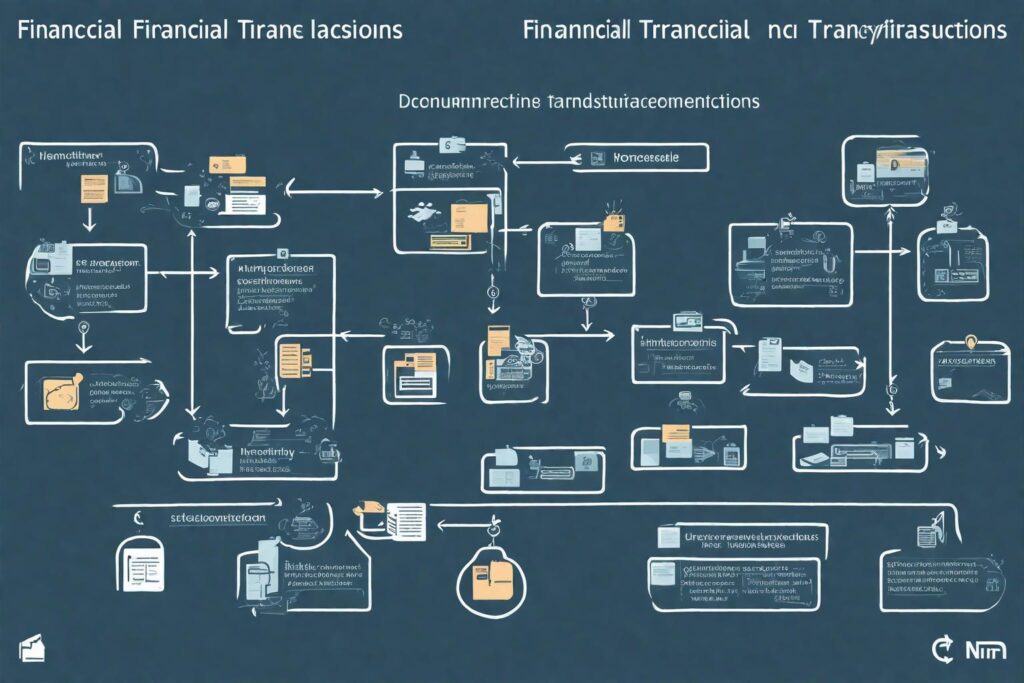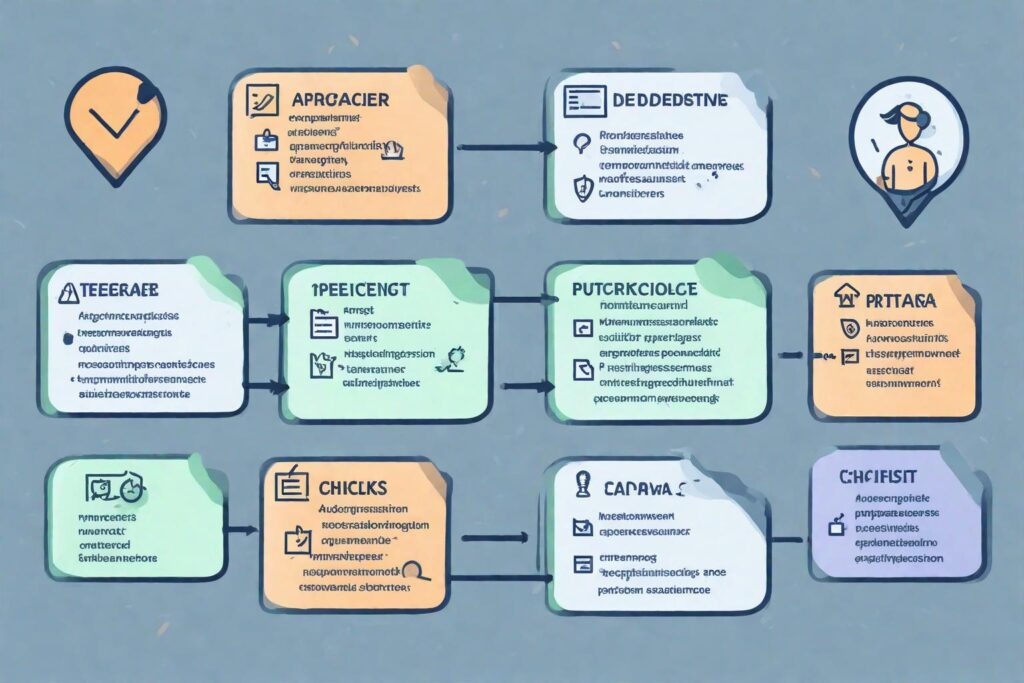Introduction

In the world of business, the term “accounting records transaction in terms of” plays a pivotal role. It’s a phrase that might seem intricate at first, but it’s fundamental to comprehending how businesses track and manage their financial activities. This article aims to demystify this concept, making it accessible to entrepreneurs, students, and anyone interested in the financial aspects of a business.
Check this out also Understanding the Limits: How many other bank credit cards can we add?(2024)
You may like this What is Lite Service in Google Pay? Your Quick Guide to Faster, without pin Payments(2024,updated)
Table of Contents
What are Accounting Records?

At its core, accounting records are a systematic way of documenting financial transactions in a business. These records are crucial for maintaining an accurate account of all financial dealings – from daily sales and purchases to long-term investments and liabilities. They form the backbone of a company’s financial health analysis.
Transaction in Terms of Accounting Records

Every transaction in a business is recorded in terms of accounting records. But what does this mean? Essentially, each financial activity, whether it’s receiving cash from customers or paying for office supplies, is recorded in a methodical manner. This involves noting down the amount, the date, the parties involved, and the nature of the transaction.
Types of Accounting Records
- Journals: These are initial records where transactions are first entered. They record transactions in chronological order.
- Ledgers: After being recorded in journals, transactions are then classified and transferred to ledgers. Here, they are sorted by type, such as sales, purchases, salaries, etc.
- Financial Statements: These include the balance sheet, income statement, and cash flow statement. They provide a comprehensive view of the financial status of the business.
Importance of Transaction Records in Accounting
- Accuracy: Maintaining accurate records ensures that businesses can track their performance and financial health effectively.
- Compliance: Proper records are essential for tax purposes and legal compliance. They demonstrate transparency and accountability.
- Decision Making: Accurate accounting records provide vital data for making informed business decisions, such as budgeting and forecasting.
- Performance Tracking: By analyzing these records, businesses can identify trends, manage cash flow, and improve overall financial performance.
Best Practices for Maintaining Accounting Records

- Regular Updates: Update your records regularly to avoid discrepancies and maintain accuracy.
- Use of Software: Implement accounting software for efficient and accurate record-keeping.
- Understand Basic Principles: Even if you use software, understanding the basic principles of accounting is beneficial.
- Professional Assistance: Consider hiring a professional accountant for complex transactions and compliance matters.
Conclusion
The phrase “accounting records transaction in terms of” encapsulates the essence of how financial activities are tracked in a business. Understanding this concept is crucial for maintaining the financial integrity of any business. It’s not just about recording numbers; it’s about capturing the story behind those numbers – a story that informs strategic decisions and drives business success. Whether you’re a small business owner, a budding entrepreneur, or a finance student, grasping this concept can significantly enhance your financial literacy and business acumen.
FAQs
Why is it important to record every transaction?
Recording every transaction ensures all financial activities are accounted for, which is crucial for accurate financial reporting and analysis.
Can I maintain accounting records without accounting software?
Yes, it’s possible to maintain records manually, but software can enhance accuracy and efficiency.
How often should I review my accounting records?
Regular review, at least monthly, is recommended to keep track of your financial status and make timely decisions.
Are digital records better than paper records?
Digital records are more accessible, secure, and easier to manage, making them generally preferable to paper records in today’s digital age.
.

